The Boston Course in Obesity Medicine 2023 (CME VIDEOS)
$1,495 Original price was: $1,495.$150Current price is: $150.
83 MP4 files , 31.03 GB
Opportunities for the successful management of obesity and its complications are evolving rapidly, with new therapies, clinical practice guidelines and models of care emerging every few months.
To help clinicians, policymakers, researchers and other members of the obesity care community keep up with exciting changes in the obesity science and clinical care, the Boston Course in Obesity Medicine is offering a professional education program updated for 2023.
The past year has been an incredible one for the advancement of obesity science and clinical practice. To name a few of the highlights that will be discussed in this year’s program:
- Report of SURMOUNT-1 study, the first phase 3 study of tirzepatide treatment for obesity, which showed up to an average 22% weight loss
- Report of the STEP TEENS study of semaglutide 2.4 mg weekly for the treatment of obesity in adolescents, which showed an average of 17% weight loss
- FDA approval of semaglutide 2.4 mg weekly for the treatment of obesity in adolescents
- Publication of new American Academy of Pediatrics clinical practice guidelines for the treatment of obesity in children and adolescents
- Completion of the SELECT study of the effect of semaglutide 2.4 mg weekly on cardiovascular outcomes in patients with obesity without diabetes
- Publication of new Institute for Clinical and Economic Review report of the utility and cost-effectiveness of anti-obesity medications
- New studies revealing the mechanisms of the body’s resistance to weight loss by calorie reduction alone, and demonstrating that GLP-1 receptor agonists block this resistance
- New studies of the adverse effects of highly processed foods
- New studies demonstrating the benefits – and limitations – of timed feeding and intermittent fasting
- New studies describing the many negative clinical and psychosocial effects and manifestations of weight-related bias, stigma and discriminationPublication of new Canadian clinical practice guidelines for obesity evaluation and management
- Report of the one-year phase 2 trial of resmetirom, which showed resolution of NASH and improvement in liver fibrosis
- Publication of multiple new clinical practice guidelines for the evaluation and management of patients with NAFLD and NASH
- Landmark report of long-term cancer outcomes after bariatric surgery, revealing substantial improvement in cancer incidence and mortality
- Report of the first data demonstrating that metabolic and bariatric surgery improves markers of kidney disease
- New studies revealing effective approaches to optimizing the benefits and safety of metabolic and bariatric surgery
- Publication of new clinical practice guidelines for the selection and use of metabolic and bariatric surgery
- New studies demonstrating substantial benefit of endoscopic approaches to treating obesity, diabetes and NAFLD
- New studies demonstrating the unique benefits of combination and multimodal treatment of obesity
- Development of new models for more efficient organization and dissemination of effective obesity care
- Emerging collaborative efforts to substantially improve equitable patient access to effective obesity care
- Emergence of a new cadre of start-up companies aiming to streamline access to effective obesity care
- Increasing payer and policymaker attention to the substantial clinical and economic benefit of treating obesity effectively as a means of decreasing the number and severity of its medical complications – a first step in improving reimbursement for obesity treatment
Program :
Only logged in customers who have purchased this product may leave a review.
Related products
Retail PDF ,
PDF , File Size = 6.80 MB
PDF , File Size = 26.30 MB
PDF ,
PDF , File Size = 22.00 MB
Cambridge University Press
PDF , File Size = 6.40 MB
PDF ,
An Issue of Series
The Diabetic Foot, An Issue of Medical Clinics, 1e (The Clinics: Internal Medicine)
PDF , File Size = 4.90 MB

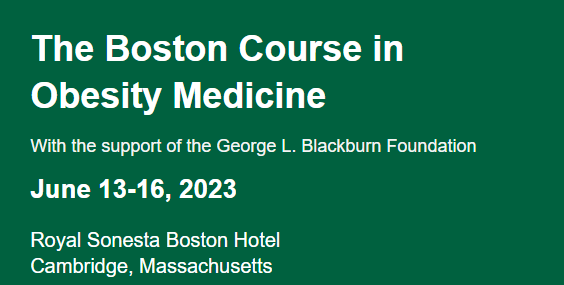
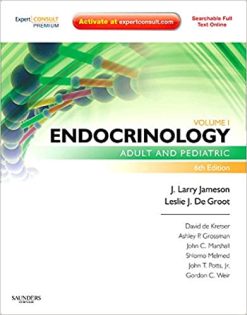
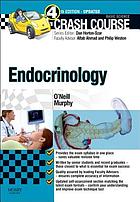
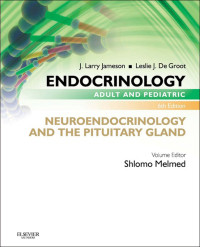


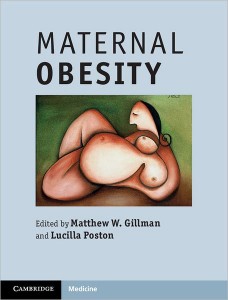

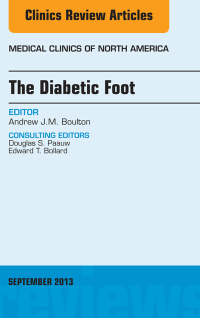
Reviews
There are no reviews yet.